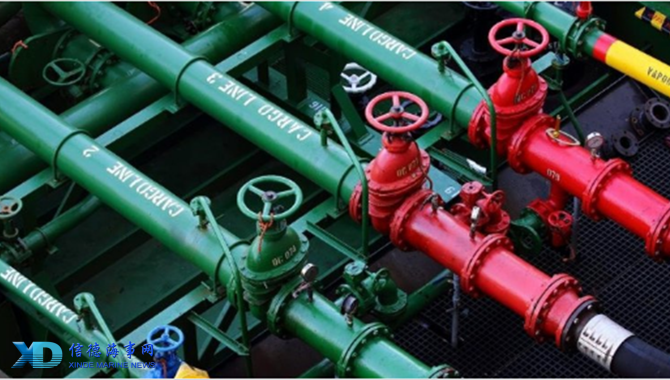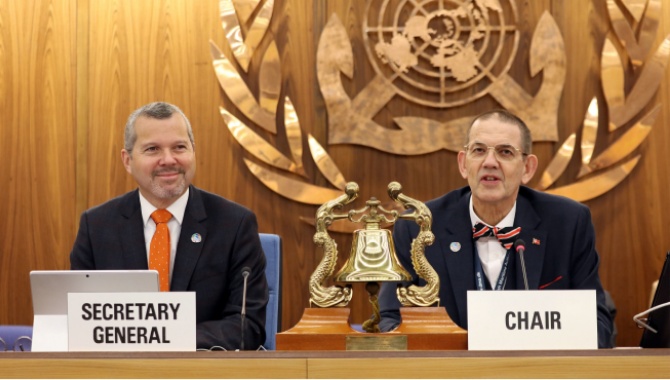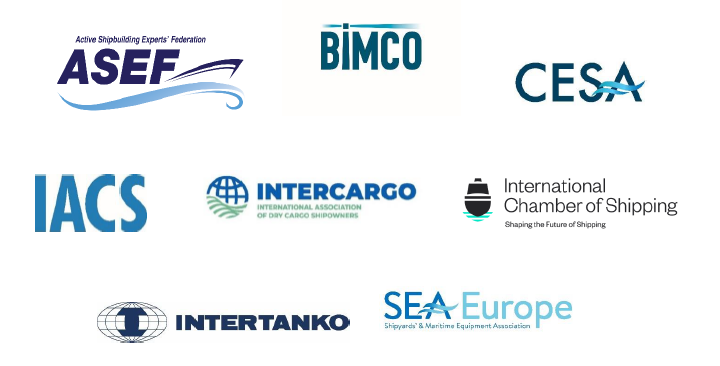
Singapore — In a break from tradition, Beijing has for the first time allowed companies registered in the free trade zone in eastern China's Zhejiang province to blend tax-free fuel oil for export to the seaborne market.
Zhoushan, where the Zhejiang FTZ is located, is the fuel oil trading hub in China.
The relaxation of the export restriction will encourage more fuel oil trade flows from China for bunkering, industry sources told S&P Global Platts this week.
It will also position the country advantageously as a key supplier of blended fuels ahead of the International Maritime Organization's global sulfur limit rule for marine fuels, and shipowners turning to low sulfur blended fuels to comply to this rule.
The IMO rule will cap the sulfur limit in marine fuels to 0.5% worldwide from January 1, 2020, from 3.5% currently. This applies outside designated emission control areas where the limit is already 0.1%.
In addition, Beijing plans to further tighten its emissions control by restricting bunker fuel sulfur content to 0.5% starting January 1, 2019 in the waters along the coast of mainland China. The schedule is a year earlier than the IMO requirement.
However, bunkering is not the only area that will benefit as the move will also spur seaborne exports, the sources added.
BREAKTHROUGH
The Ministry of Commerce has approved the new policy for blending and export business in Zhejiang FTZ earlier this month, the local Zhoushan Commerce Bureau announced on its social platform WeChat last Friday.
The bureau highlighted that MOFCOM's approval, which allows the fuel oil barrels to be blended in the bonded zone to be used not only for bunkering within the zone, but also for seaborne exports, was an encouraging move.
Before the restriction was eased, only bunker companies, such as Chimbusco, were allowed to carry out blending within bonded zones and that too only for use as bunker fuel for vessels on international voyages.
Oil companies were allowed to only re-export imported cargoes without any processing or blending, with the last cargo that was exempted from this restriction and exported to the seaborne market was back in October 2014.
Many shied away from blending for exports as any export cargo attracted a consumption tax of Yuan 1,218/mt ($190.71/mt) as well as a 17% value added tax, turning it into an unattractive proposition. This had stifled seaborne exports.
Meanwhile, the venues for bonded blending had been expanded to other tankers in Zhoushan, designated by the FTZ authority for the companies registered in Zhejiang FTZ, it said.
This compares with the previous restriction of blending within the bonded-zone only, it said, adding that the new development was positive. In addition to aiding seaborne exports and boosting bunker prospects, "the approval would also help to lift liquidity of the newly launched 380 CST bonded fuel oil futures contract on the Shanghai Futures exchange by increasing supplies and allowing more physical players, " a fuel oil trader in eastern China said.
China threw open its bunker fuel oil futures market to international investors by launching the 380 CST bunker fuel oil contract on Monday.
The new contract is developed as a tool to hedge physical barrels sold from bonded storage to vessels for international voyages.
RELY ON IMPORT FOR BLENDING
In addition, some key blending materials, which had previously been banned from processing trade, were now allowed to be used in blended fuel oil for international trades under the processing trade route, the bureau said.
Processing trade refers to the business of exporting products produced from imported material for exports.
The local bureau, however, did not provide a list of key blending materials to be used for processing trade.
Market sources said key materials are likely to include slurry oil and residual oil as major components, with gasoil as cutting stock to blend down sulfur content and viscosity.
However, all these blending stocks have to be imported instead of produced from domestic materials.
"Compared to residuals produced by domestic refineries, imported barrels from South Korea, Singapore in fact are more economical, with competitive prices and better quality, like lower metals content," a south China-based bunker trader said.
Currently, only a handful of state-owned refineries are allowed to send their slurry oil or residual oil, which is produced from imported crude, to the bonded zone for bunker fuel oil blending.
With the approval, blenders expect gasoil produced from imported crude oil by state-owned refineries to be allowed for blending into fuel oil in the designated tanks for export.






